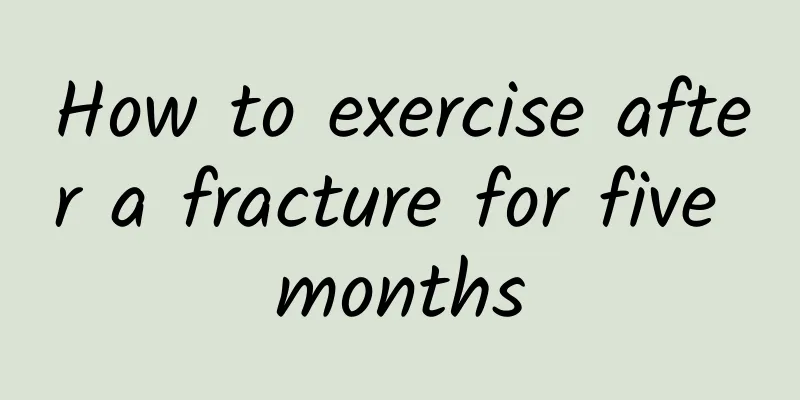Knee osteoarthritis, teach you 7 treatment methods

|
Most patients with knee osteoarthritis are generally elderly people. As they age, various physical indicators will decline and various joints of the body will also degenerate. This is why more elderly people suffer from knee osteoarthritis. Some people do not take care of their bodies when they are young, and the symptoms will become more serious when they are old. symptom Knee pain is the main symptom of degenerative arthritis of the knee. It manifests as dull pain. The pain is most obvious in the morning or when the joint has been in a certain position for too long, and can be relieved by a little movement. However, when you move too much, the knee joint will feel painful due to friction, and the pain will worsen when the climate changes. The patient feels stiffness in the knee joint, which becomes more obvious after rest. The knee joint becomes stiff, and a rough friction sound may be heard when the knee joint moves. These symptoms may worsen as the pathological changes worsen. In addition to pain, there is local swelling and exudation, muscle atrophy, and even joint deformities and limited movement. treat For surgical treatment of individual cases of degenerative arthritis of the knee, see Orthopedic Surgery. 1. Rest the affected joints to reduce pressure and shear force, allowing synovial inflammation to disappear. It is mostly used in cases where the symptoms of osteoarthritis in the joints are severe and degeneration is aggravated. During acute attacks of individual joints, it is best to rest the affected joint in bed so that the joint capsule and ligaments can relax, thereby reducing pressure on the joint surface. 2. Joint exercise To prevent joint capsule contracture, exercise the joints through their full range of motion several times a day. Most strenuous activities will result in significant stress on the joint surfaces and must be avoided. 3. Use crutches or help from others to avoid bearing weight on the affected joints. 4. Use a cane on the opposite side of the joint to reduce gravity and thus reduce the vertical load on the weight-bearing joint. In the advanced stage of osteoarthritis or when bilateral joints are affected, bilateral canes, crutches or assistance are required, and the patient should be taught the correct gait. 5. During the acute inflammatory period, traction should be used, especially on weight-bearing joints, to prevent adhesion of the joint surfaces and contracture of the joint capsule, and this should be continued until the acute inflammation subsides. 6. Moist heat therapy after physical therapy massage and functional exercise (active and passive movement). Avoid forceful restoration of lost joint motion. Plain hot water or wax therapy (Paraffin) can be helpful for painful Heberden's nodes. Although they reduce joint stress, active exercises (isometric exercises) are better than passive exercises (isotonic exercises) for improving muscle strength. 7. Maintain a good mechanical posture, avoid unfavorable mechanical joint positions, use insoles and perform staged functional exercises for the entire joint. |
<<: How does high paraplegia solve defecation? It turns out that there are these characteristics
>>: Is there any relationship between low back pain and kidneys? There are actually these reasons.
Recommend
What is the best ointment for folliculitis?
Due to the relatively poor air quality and the ir...
Pregnant again one month after uterine curettage
People should not be unfamiliar with the method o...
Calf pain due to pressure
Calf pain is a problem that many people often enc...
Symptoms of asthma
What we call asthma in daily life refers to bronc...
Heart Sinus Bradycardia
There are many reasons for sinus bradycardia. The...
Dandelion ginger water benefits
Dandelion flowers are mostly grown in the suburbs...
Skin dandruff like fish scales
Skin dandruff that looks like fish scales may be ...
Can a newborn baby have a bath if his belly button falls off?
When a baby is just born, there is an umbilical c...
What are the early symptoms of liver disease?
Liver disease is not uncommon, but many people ca...
What medicine should I take for bloating and bad breath?
Stomach bloating and bad breath are relatively co...
What are the taboos when taking Chinese medicine?
There are quite a lot of taboos in taking Chinese...
Dizziness caused by cervical spondylosis
Shoulder periarthritis and cervical spondylosis a...
Is it serious to have a transparent bubble in the eye?
Sometimes when looking in the mirror, I inadverte...
The magical effect of Yueju Pills
Polygonum aviculare is pungent and has a liver-re...
What to do if your ears are blocked due to rhinitis
When rhinitis is more serious, it is easy to caus...









